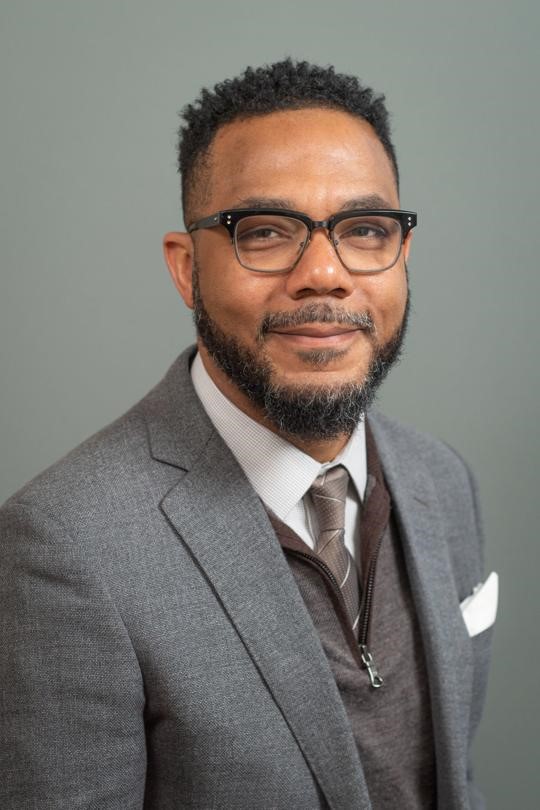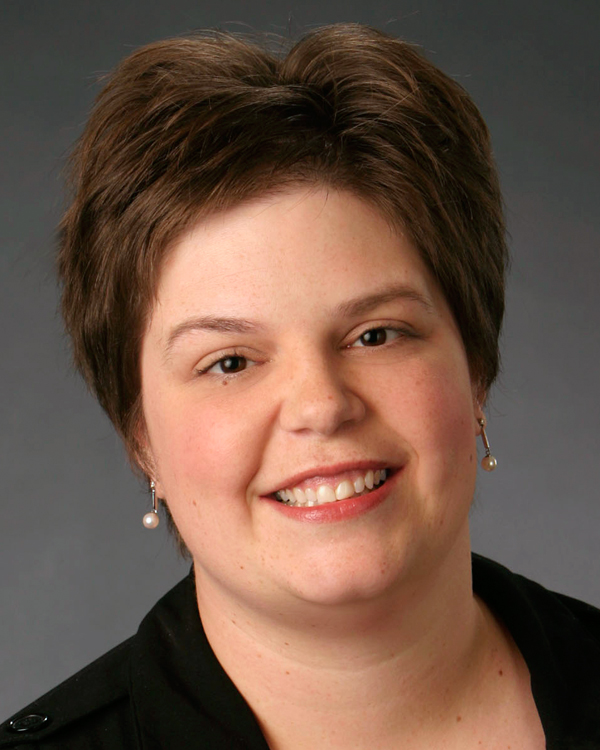
When “Black Panther” star Chadwick Boseman recently died at the young age of 43 after being diagnosed with colon cancer, many medical professionals and social workers felt a renewed urgency to talk about the rise of incidence of colon cancer in young people and to share information on screening, symptoms and prevention of colorectal cancer, especially for an African-American population, who are more likely to develop colorectal cancer at a younger age and to be at a more advanced stage when diagnosed.
“We think that the racial disparities we see are something that we can really start chipping away at,” Dr. John Eason, an associate professor of sociology at UW-Madison, tells Madison365, “but it starts with getting information out there and making sure that people know their family history.”
According to the Centers for Disease Control and Prevention (CDC), colorectal cancer is the third leading cause of cancer-related deaths in the United States. From 2019 data, the U.S. average is 14.8 deaths per 100,000 people.
“For Black Americans, it’s 20.9 per 100,000; for whites, it is 14.7. That’s a 43 percent higher mortality which equates to 2,252 excessive deaths in Black Americans annually for colorectal cancer,” Dr. Noelle LoConte, an oncologist and an associate professor of medicine at the University of Wisconsin, tells Madison365. “Over the last 10 years we’ve been seeing this early-onset colorectal cancer where you would use to only see it in people 50 and above; now it’s not uncommon to see it in people in their 20s and 30s.
“That’s not exclusive to Black Americans, but it’s another piece of data,” she adds.

Colon cancer screening can detect polyps and early cancers in the large intestine.
“Colon cancer is one of the screenable cancers. We don’t screen for every cancer, but there are some cancers where if we can detect it before it becomes symptomatic, we can either diagnose people at an earlier stage or even prevent it in the case of colon cancer,” Dr. Lo Conte says.
Boseman’s death reflects a disturbing trend that has seen a rise in colorectal cancer rates among young adults. Boseman was just 39 when he was diagnosed with stage III colon cancer in 2016 and battled with it these last 4 years as it progressed to stage IV.
“That was really big news when The Black Panther died. He played James Brown, Jackie Robinson … he was very well-known. Part of the problem with the narrative around Chadwick Boseman that we’ve been seeing in news outlets is ‘Oh, he suffered in silence. He didn’t make a big deal of it.’ And that’s the issue,” Dr. Eason says. “I think we need to make a change in how we talk about health, in general, and not just in the Black community but as Americans and as men.
“Too often, we think that talking about disease makes you weak. We saw Chadwick Boseman losing weight over time. It didn’t come as a huge surprise that he passed, for some people, given the symptoms and the signs that he showed,” Eason continues. “I think having conversations is the key to trying to change that narrative. We have to change the story where if you have cancer you must suffer in silence.”

One of the big problems with colorectal cancer is that people generally don’t like to talk about their bowels with other people. Other people may not know their personal history that well.
“There’s the general American deal of suffering in silence that we are dealing with, too. It can become hyperbolized when you think about masculinity and race. Because really tough guys – really tough Black guys – should just soldier on in terms of dealing with pain in general,” Dr. Eason says. “There are also factors within the doctor/patient relationship how doctors might be less likely to be in tune or attentive to people of color’s pain. Bleeding, for example, might just be excused as hemorrhoids and easily dismissed instead of thinking about these issues in a complicated way.”
There are very few Black physicians, LoConte says, and even fewer Black male physicians.
“When there is discordance between the patient and the provider, we know that patients don’t get as good of care,” she says. “The long game is that we need more Black doctors. But that’s not an immediate fix. In the short term, it’s about patients being their own advocates. You often hear stories of these young people presenting to their primary care of family doctor over and over and over saying, ‘I’m bleeding’ and they are dismissed over and over again.
“When you lay on top of that, the racial mismatch between the provider and the patient it can even be amplified. And when you talk about mass incarceration and the quality of health care in the Department of Corrections, it’s very, very complex,” Dr. LoConte continues. “But I think the message is: If you have symptoms, bring somebody with you, have an advocate there where you’re not going to leave until you get your scope ordered, and then know if you’re eligible for screening and know your family history if you can.”
Symptoms for colorectal cancer can include abdominal pain, weight loss, and bleeding. Colon cancer historically has been considered an old person’s disease. That’s simply not true. For individuals experiencing persistent discomfort, there are numerous abdominal pain treatment Singapore options available to help diagnose and manage the underlying causes.
“People should realize that this can happen in young people. There’s this perception that cancer only happens when you’re 65,” LoConte says.
For those who are concerned about colorectal cancer, a colonoscopy is not the only option.

“There are non-colonoscopy options. A lot of people do not want to do the bowel prep, they don’t want to take two days off work, etc. There are tests that don’t involve the bowel prep and now we can even do them in the home,” LoConte says. “The majority of people who do that testing don’t need any follow-up colonoscopies so they are cleared for one to two years.”
For many years, the guidelines have said to screen Black patients at age 45.
“This year, the American cancer society said we should screen everybody at 45 and if you have a family history of colon cancer or polyps, you should start screening even earlier, perhaps as early as 30,” LoConte says.
“[An] average-risk person with no family history and no symptoms the age is 45. If you have an immediate family member who has polyps or colon cancer or rectal cancer – those are all part of the same thing – it would be 10 years before they were diagnosed,” she adds. “If they were diagnosed at 30, you need to get screened at 20. That’s why we say bring your family history to your doctor and they can help you understand what the guidelines are there.”
Regular screening can even prevent colorectal cancer and a polyp can take as many as 10 to 15 years to develop into cancer. With screening, doctors can find and remove polyps before they have the chance to turn into cancer.
“With colon cancer, if we can catch it as a polyp, that’s like having an abnormal pap smear; it’s like an early pre-cancerous stage …. We can even prevent it,” says LoConte, who is also the co-leader of the UW Carbone Cancer Center gastrointestinal disease-oriented working group. “Almost all of the reduction we’ve seen in colorectal cancer which I’ve published on a few years ago in Wisconsin, you see the rates are going down. When you piece it apart, it’s the white population that is dramatically going down and the Black population is staying the same. So the disparity is widening in Wisconsin and we think that’s all screening.”
There is a widening racial disparity for colorectal cancer incidence and providers and researchers are working hard to close that gap. A lot of racial health disparities can be explained starting at the neighborhood level, Eason says.
“If you don’t have great access at the neighborhood level, that’s going to be an issue,” he says. “A big driver of that is this whole historical disinvestment, not just from urban but also rural neighborhoods that have people of color, especially Black people.
“You have a number of drivers of these racial disparities in colorectal cancer and the most depressing thing about this disease is how preventable it is and the lower cost of screening that can save so many people,” he continues. “If we were looking at this through the lens of economic efficiency, the policies that we could alter in terms of screening and advocating at the neighborhood level and getting more local health care organizations involved in community organizations, could make a big difference and reap huge benefits.”



